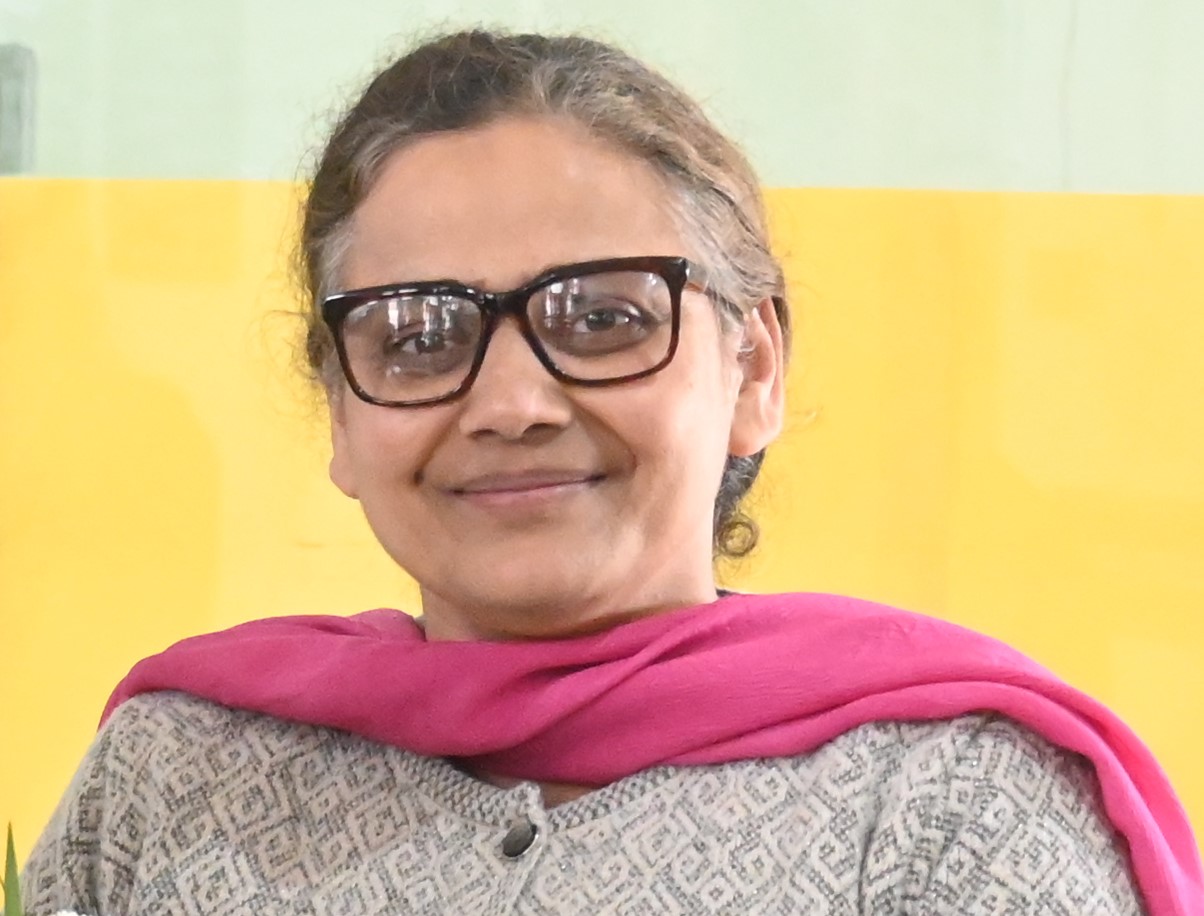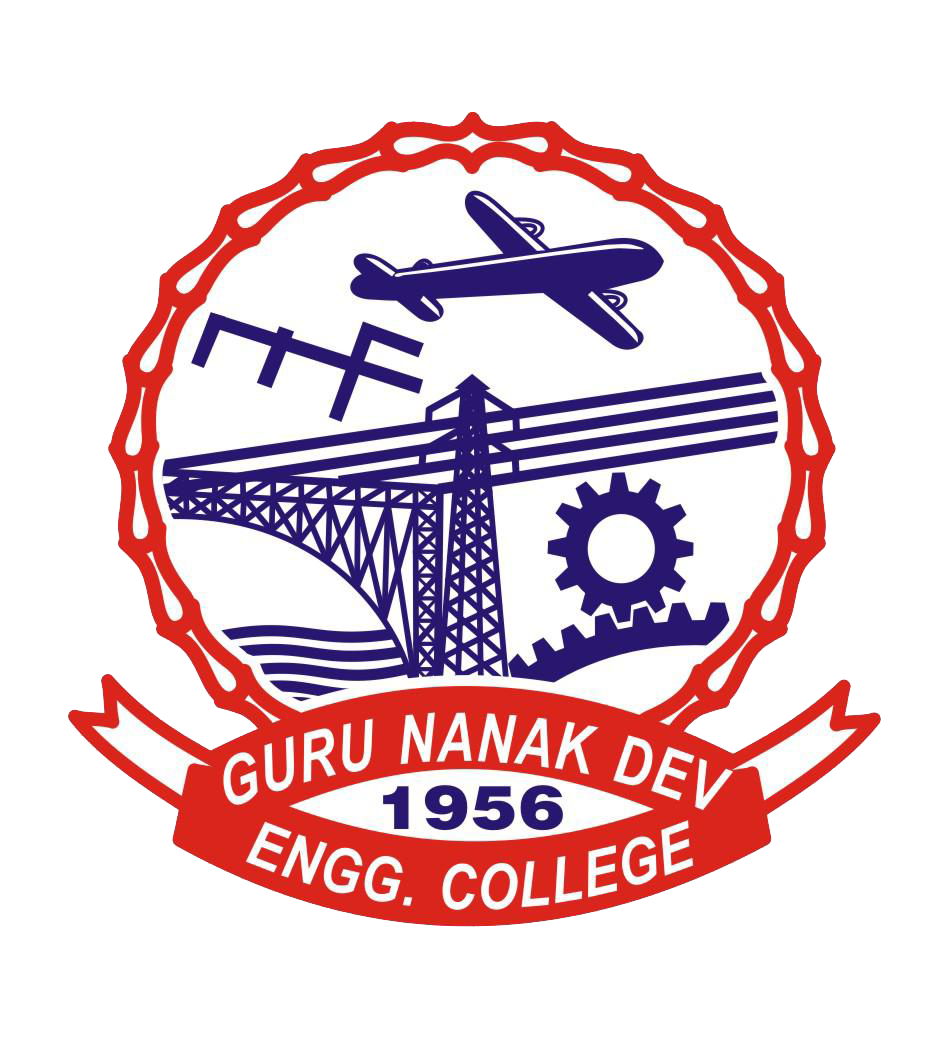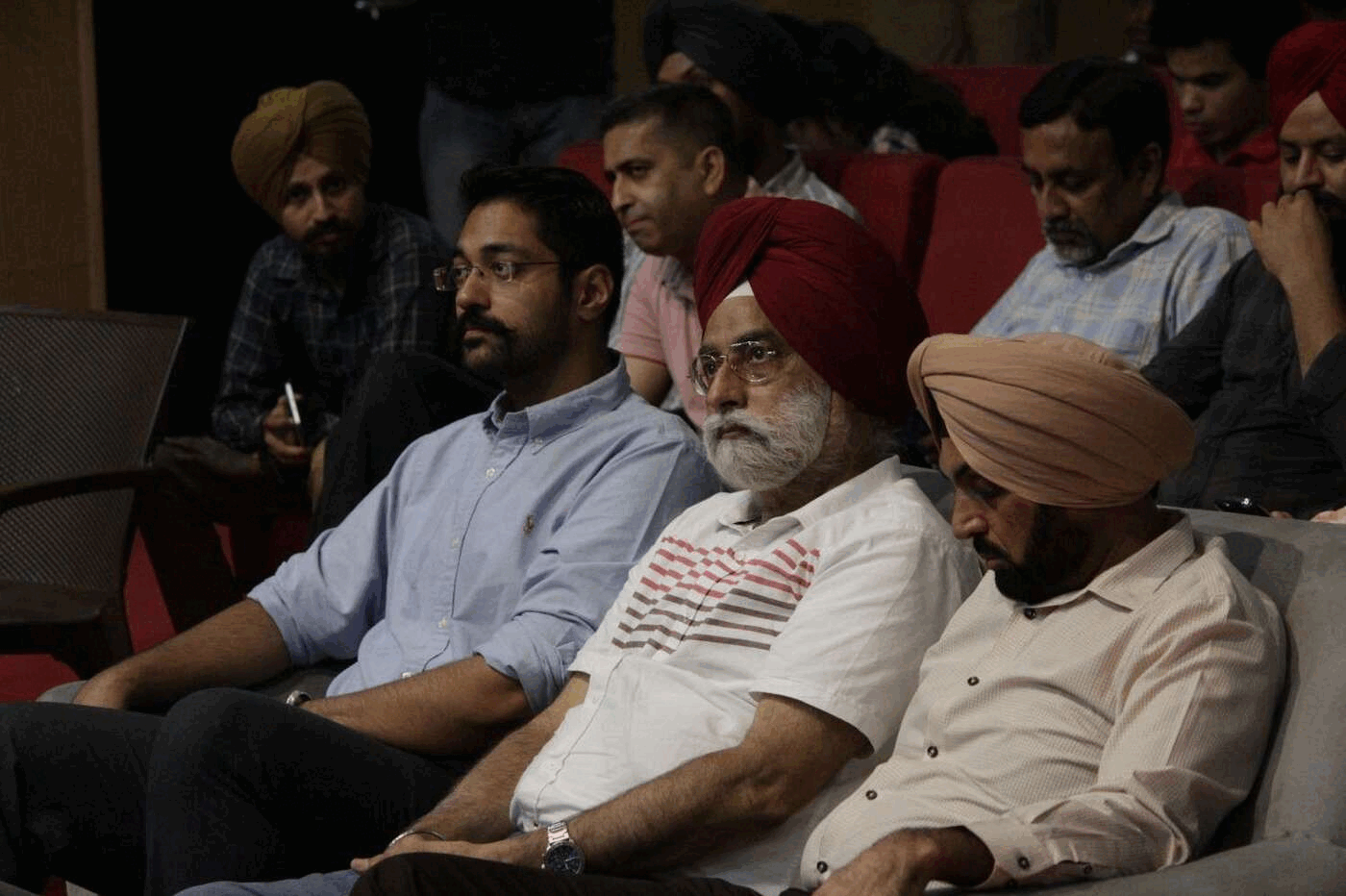
Dr. Harpreet Kaur Grewal
Head, Department of Applied Sciences
First Floor, Admin Block,
Guru Nanak Dev Engineering College
Ludhiana-141006, Punjab
email: applied@gndec.ac.in
Phone: 0161-5064531
IMPORTANT INFORMATION
- Link for question papers of previous years
- CGPA of first year students (CE Branch)
- MEAN CGPA calculation of first year students (CE Branch)
- CGPA of first year students (ME Branch)
- MEAN CGPA calculation of first year students (ME Branch)
- Steps to apply for different documents
- QR codes and links for downloading proforma
- QUESTION PAPER FORMAT(EGD)
- Marking scheme (Chemistry)
- Marking scheme (English)
- Marking scheme (PEEM)
- Question Bank (Math-I)
- Marking scheme (Math-I)
- Question Bank (Math-II)
- Question Bank (PEEM)
- Detail of Ph.D. students enrolled under faculty of Applied Science Dept.
STUDY
MATERIAL
- Sample Papers and Question Bank
- BEE(ESC-101) related information and study material
- EGD (ESC-103) related information and study material
- PPS (ESC-104) related information and study material
- Chemistry related information and study material
- English related information and study material
- Mathematics related information and study material
- PEEM related information and study material
- Physics related information and study material

